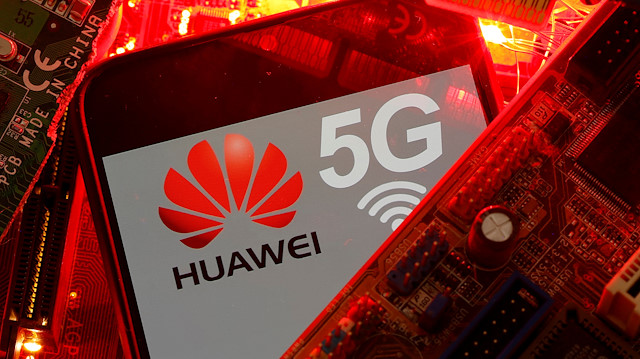
The top U.S. diplomat in Brazil said in a newspaper interview that the country may face "consequences" if it allows China's Huawei Technologies into its 5G network, referring to U.S. warnings that China fails to protect intellectual property.
The U.S. government has stepped up efforts to limit Huawei's role in rolling out high-speed, fifth-generation technology in Latin America's largest economy. It believes Huawei would hand over data to the Chinese government for spying. Huawei denies it spies for China.
U.S. Ambassador Todd Chapman told O Globo that Brazil would not face reprisals for picking Huawei, but could face consequences.
"Each country is responsible for its decisions," Chapman was quoted as saying. "The consequences we are seeing in the world are that firms involved in intellectual property are scared to make investments in countries where that intellectual property is not protected."
Chapman added that the U.S. International Development Finance Corp, an agency created by U.S. President Donald Trump to boost U.S. overseas development financing efforts to counter China's influence, has $60 billion in its coffers. He said the U.S. government has agreed to make money available from the fund to help support allies who choose to buy their telecoms infrastructure from "trustworthy suppliers."
Brazil's far-right President Jair Bolsonaro said last month that 5G deployment would have to meet national sovereignty, information and data security requirements. A longtime China skeptic, Bolsonaro has adopted a less abrasive stance toward Beijing since taking office in 2019, although he remains a close Trump ally.
China is the top market for Brazilian exports.
Earlier this month, a Huawei executive warned that Brazil could suffer years of delay in deploying a 5G telecoms network and higher costs if it succumbs to mounting U.S. pressure to snub the Chinese equipment supplier.
Brazilian operators have built significant parts of their infrastructure using Huawei's equipment.
Hello, the comments you share on our site are a valuable resource for other users. Please respect other users and different opinions. Do not use rude, offensive, derogatory, or discriminatory language.
The floor is all yours.








